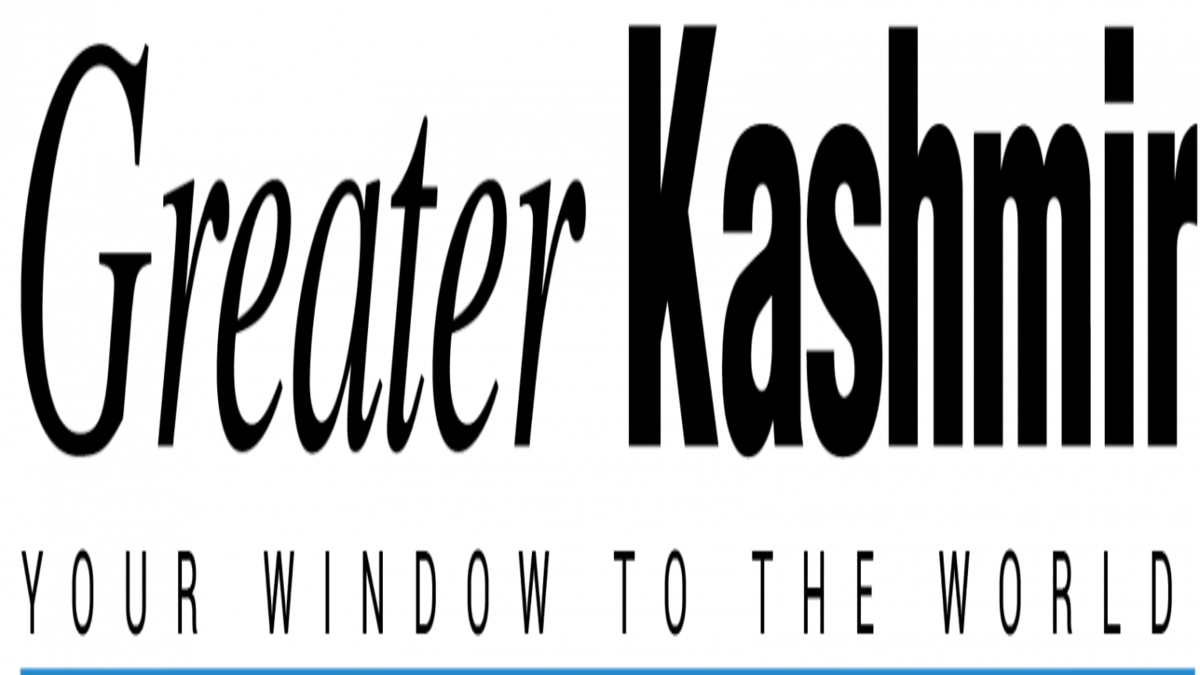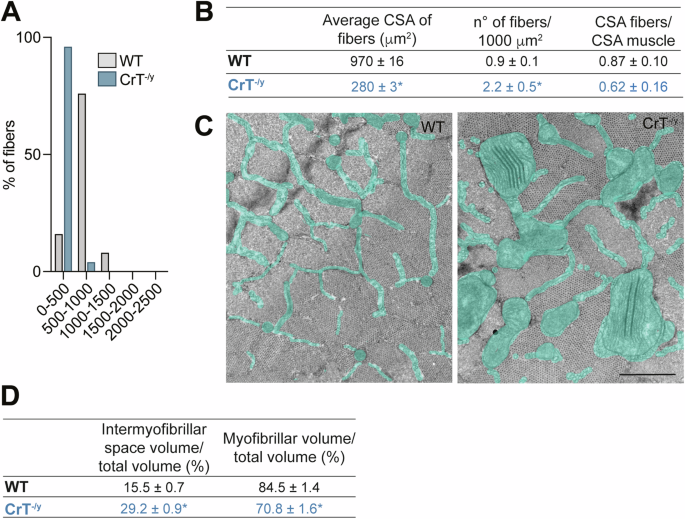
- Select a language for the TTS:
- UK English Female
- UK English Male
- US English Female
- US English Male
- Australian Female
- Australian Male
- Language selected: (auto detect) - EN
Play all audios:
Nicholas Blincoe 24 March 2016 10:53am GMT _ NICHOLAS BLINCOE ADMIRES JAYNE SENIOR’S LONELY FIGHT TO REVEAL THE SEX ABUSE RING IN ROTHERHAM_ Broken and Betrayed is an account of the
Rotherham abuse scandal by the key whistleblower, Jayne Senior. Last month three drug-dealing brothers – known locally as Mad Ash, Bash and Bono Hussain – were convicted of offences going
back to 1997. The time scale, the severity of the crimes and the sheer number of victims are so staggering that even after three official reports the affair is far from over. Rotherham’s
investigation put the number of victims at 1,400, “all barely pubescent”. Senior spent 13 years working for a Rotherham council-funded programme aimed at identifying children at risk of
sexual exploitation and she estimates there are more than 1,700 victims: this in a town of just 250,000. As of now, eight men of Pakistani origin and two white women have been convicted of
abuse; five in 2010 after an investigation prompted by Senior; and, this year, the Hussain brothers’ circle, also on evidence collected by Senior’s team in 2002. Yet it is not the severity
of the crimes, nor the paucity of convictions that make the affair a scandal. It is the cover-up. Senior repeatedly found warnings went unheeded, evidence was destroyed and, when her team
gave information to outside police forces, she was reprimanded and accused of distortion and unprofessionalism. Senior is a local woman, born and raised in Rotherham. She had her first
child as a teenager, and began her career in youth clubs, working her way up by taking training courses and eventually a degree. When she began working with children at risk of sexual abuse
in 1999, the first few girls were referred to her by social services. Soon, the girls began recommending friends, and the numbers began to grow. In a typical case, a child would be
befriended by youngsters of predominantly Pakistani origin. Older men would then appear with “gifts” of drugs, SIM cards, cigarettes and alcohol. This led to claims of debt, which the girls
were told could be worked off with sex. Many of the children believed they were the men’s girlfriends, even after they were passed on to associates. In the early years, girls were sent to
work as prostitutes in Sheffield, a town with an established red light district. Later they were driven in taxis halfway across the country to gatherings where they would be raped multiple
times. When Senior approached the police, she was given an electronic dropbox and told to deposit testimonies, details such as car registration numbers, and the names of men and
descriptions. Many years later, she discovered the box could not be accessed by outside forces, and was never consulted by Rotherham police. Senior’s information only ever leaked
accidentally and, each time it did, Senior received a reprimand and Rotherham social services hid the evidence away. The first cover-up came in 2002. An academic named Adele Gladman had been
seconded to Senior’s team, where she collated existing files to show the weight of evidence that already existed against the Hussain brothers. Gladman shared her report with the council,
and local and South Yorkshire police commanders, with the result that social services raided Senior’s office and confiscated the files. Gladman was sacked. Information leaked a second time
in 2008 when a young policeman took evidence directly from Senior and logged it on the national police computer where it was accessed by Sheffield police. This information led to the 2010
convictions of five Rotherham offenders. Only then did Rotherham police mount an investigation, but this case fell apart. Senior tells how Rotherham social services took the girls from her
team’s care and left them without protection; they were open to intimidation and began to refuse to testify. In 2010, a 17-year-old named Laura Wilson was murdered by a young gang member
after he discovered that Wilson’s child, which he believed was his, had been fathered by his older uncle. Senior had logged Wilson’s history for years and identified her as at risk. Though
her warnings had been ignored, Senior’s team was made the scapegoat for the murder. Her cases were folded into Rotherham social services and, when she was told she must re-apply for a senior
post, she left. However, the council report on the Wilson murder was so heavily redacted that it alerted the suspicions of the journalist Andrew Norfolk. He managed to track down Senior,
who shared her files. In the end, the failure of the cover-up created the story. There is still no satisfactory answer as to why so many of Rotherham’s institutions behaved so badly. The MP
until 2012 was Dennis MacShane, who resigned after being imprisoned for expenses abuses. Senior alleges that she wrote MacShane a briefing paper on the issues, ahead of a conference they
both attended on child grooming. So she was upset when he later claimed on BBC radio that no one came to him directly with a problem. MacShane also stated that though he may have been guilty
of “doing too little”, he added that “there was a cultural issue of not wanting to rock the multicultural boat”. The crimes were the result of a mafia-like organisation and could not be
investigated without identifying community links, yet the cover-up made it seem the town’s only priority was to protect the Asian community. This led to a backlash that was exploited by both
the BNP and EDL. One understands that those at fault would prefer to be damned as liberals rather than bigots, but both of the offical reports state that the council, social services and
local police failed to act because the blame was placed on the girls – some as young as 11 – who were thought to be responsible for their own fates. Senior’s account is a rough-and-ready
book by a woman who is not a natural writer, but it is a valuable snapshot into a very British kind of denial. BROKEN AND BETRAYED BY JAYNE SENIOR 372pp, Pan, £7.99, ebook £3.99. To order
this book from the Telegraph for £7.99 plus £1.99 p&p, call 0844 871 1515 or visit books.telegraph.co.uk







